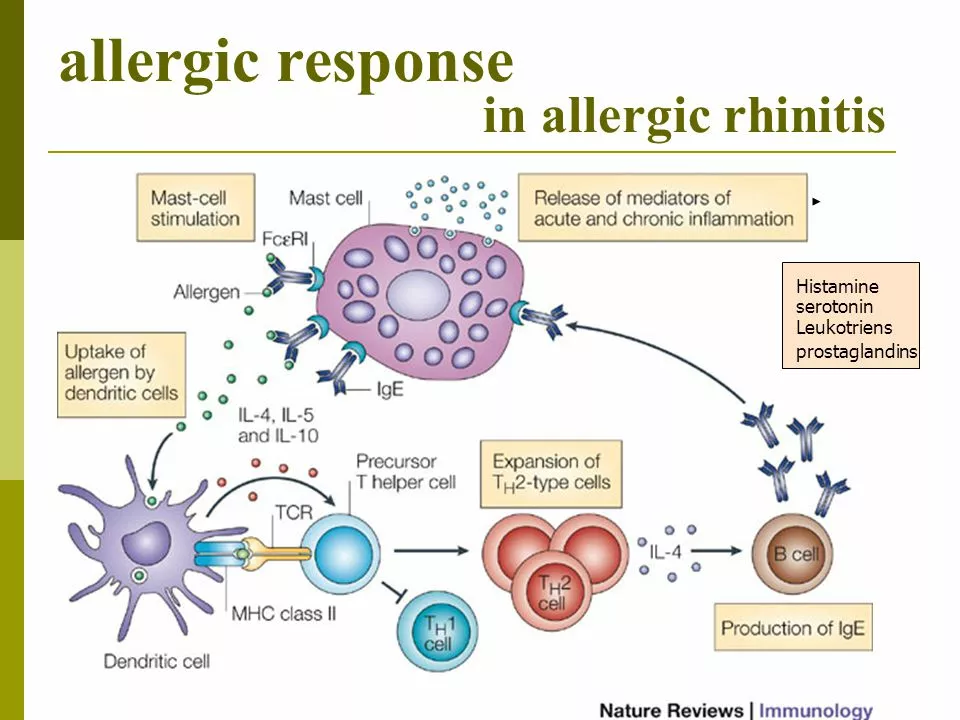Allergic Disorders: What You Need to Know
Allergic disorders happen when your immune system overreacts to something harmless, like pollen, dust, or certain foods. This reaction can cause sneezing, itching, rashes, or even more serious symptoms. Allergies are common, but knowing what triggers them and how to handle them can make a huge difference in your daily life.
Recognizing symptoms early helps you avoid worsening reactions. Typical signs include runny nose, watery eyes, congestion, and skin irritation. Sometimes, reactions can be more intense, leading to difficulty breathing or swelling. If you experience any severe symptoms, get medical help right away.
Common Causes and How to Avoid Them
Most people react to common allergens like pollen, pet dander, dust mites, mold, or food items such as nuts and shellfish. Environmental factors also play a big role. For example, dusty or moldy places can trigger symptoms, so keeping your home clean helps a lot. During high pollen seasons, staying indoors or using air filters can reduce exposure.
Food allergies are a bit trickier because reactions can be sudden and severe. Reading ingredient labels carefully and communicating your allergies at restaurants is vital. If you're unsure about what causes your reactions, an allergist can run tests to pinpoint the culprit.
Managing Allergies for Better Everyday Life
Treatment often involves avoiding triggers and using medications like antihistamines or nasal sprays. Over-the-counter options work for many, but some cases need prescription drugs or allergy shots, especially when symptoms interfere with daily activities. Staying on top of your treatment plan prevents flare-ups and improves your overall comfort.
Besides medications, simple lifestyle changes make a big difference. Shower after outdoor activities to wash off pollen, keep windows closed when pollen counts are high, and use hypoallergenic bedding. These small steps add up to better control of your allergic disorders.
Living with allergies can feel like a hassle, but with the right tools and knowledge, you can navigate it smoothly. Remember, your health matters, and taking action today means fewer sniffles and more comfort tomorrow.
The Role of Hormones in Allergic Disorders
- Keith Ashcroft
- |
- |
- 12
As a blogger, I've been doing some research on the role of hormones in allergic disorders. I've discovered that hormones play a significant role in the development and regulation of allergies. They can affect the immune system's response to allergens, either increasing or decreasing the severity of allergic reactions. Additionally, hormonal fluctuations in the body, such as those during pregnancy or menstrual cycles, can lead to changes in allergy symptoms. Overall, understanding the connection between hormones and allergies may help us develop more effective treatments for various allergic disorders.
View more
